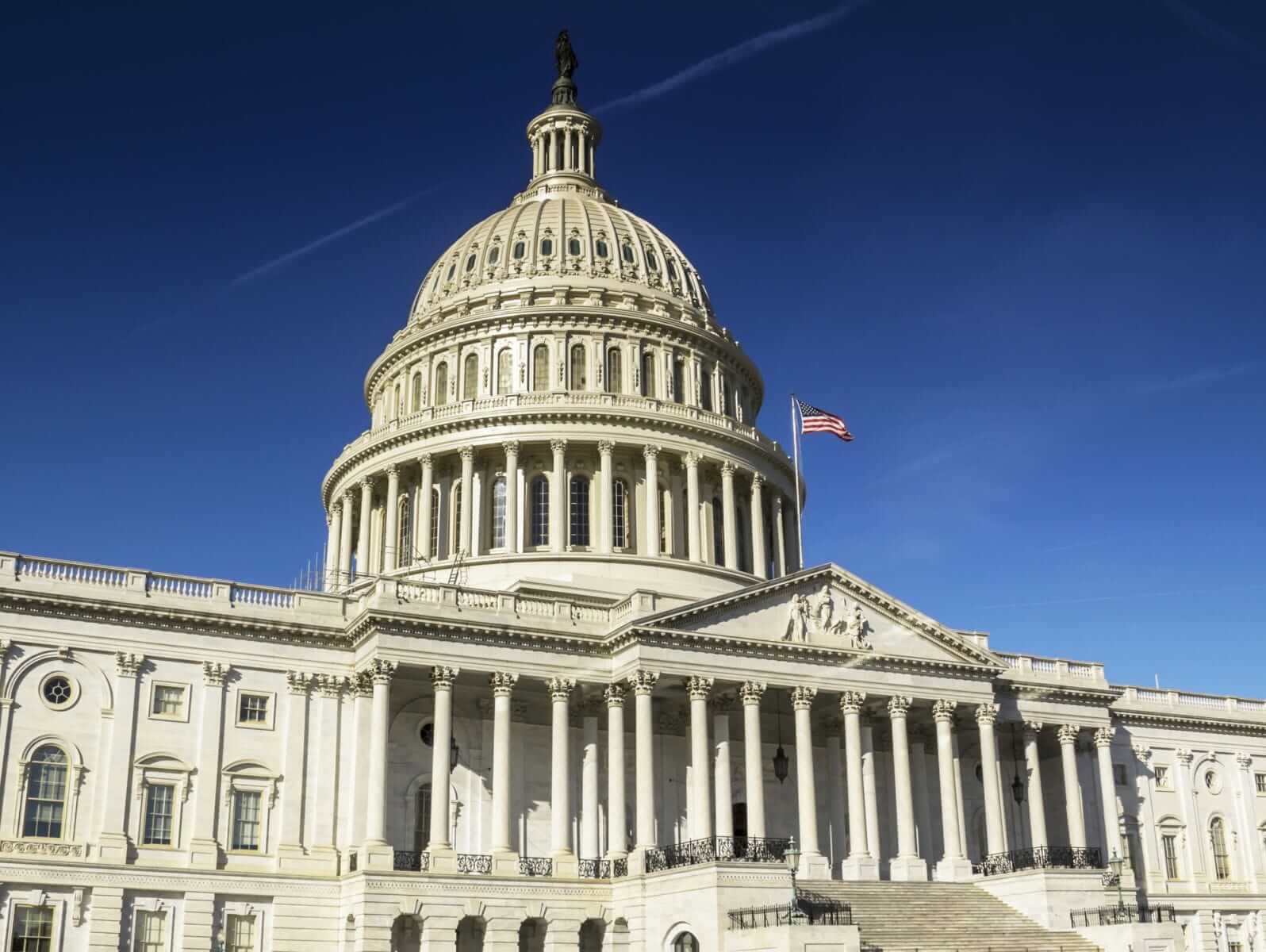
In a recent discussion, Elon Musk challenged the necessity of the sheer number of federal agencies, suggesting a significant reduction to improve efficiency. "Do we really need... whatever it is... 428 federal agencies? There's so many that people have never even heard of, and that have overlapping areas of responsibility," Musk remarked. He went on to propose, "I think we should be able to get away with 99 agencies."
Musk's critique highlights his belief in streamlined operations, a principle that has fueled his success with Tesla, SpaceX, and other ventures. His comments come amid growing public scrutiny over government efficiency and waste.
Little-Known Agencies in the Spotlight
Despite the quote, there are actually 438 federal agencies. Here are some of the more obscure and lesser-known agencies on the list t:
- Radio Sawa: The Middle East Broadcasting Network operates Alhurra TV and Radio Sawa. Alhurra TV and Radio Sawa provide news to the people of the Middle East about the region, the world, and the United States.
- Radio Free Asia: Radio Free Asia (RFA) broadcasts news and information to China, Tibet, North Korea, Vietnam, Cambodia, Laos, and Burma.
- Radio and TV Marti: The Office of Cuba Broadcasting provides the Cuban people with news and information.
- Denali Commission: Focuses on infrastructure and economic development projects in rural Alaska.
- U.S. Arctic Research Commission (USARC): Promotes Arctic research and recommends policies to the President and Congress.
- Inter-American Foundation (IAF): Supports grassroots development in Latin America and the Caribbean.
- Veterans: There are currently 8 separate agencies managing veterans benefits
- Housing: There are currently 14 agencies managing housing, with 8 more managing the ‘development’ of buildings, cities, or land.
These agencies, while serving various purposes, illustrate Musk’s argument about redundancy and overlap in government functions. Combining various agencies could result in increased efficiency, streamlined budgets, and other benefits.
Musk’s Efficiency Philosophy
Musk’s remarks reflect a broader philosophy that prioritizes simplification and efficiency. His companies operate with a “first principles” approach, stripping down complex problems to their core and rebuilding from there. This mindset has allowed Tesla to lead the electric vehicle revolution and SpaceX to make reusable rockets a reality.
Applying this philosophy to government, Musk envisions a leaner system, free of overlapping responsibilities and waste. His proposal to consolidate agencies into a more manageable number mirrors his business strategy: focus resources where they make the greatest impact.
Public and Political Reaction
Musk's suggestion has sparked debate. Supporters argue that reducing the number of agencies could save billions in taxpayer dollars and eliminate inefficiencies. Critics caution against sweeping changes, pointing out the specialized roles some of these agencies fulfill.
The conversation around this issue aligns with Musk’s growing influence beyond the private sector. Known for his ability to disrupt industries, Musk is now applying his innovative mindset to public administration, advocating for systemic reforms to enhance government accountability and performance.
Conclusion
Elon Musk’s proposal to reduce federal agencies from 428 to 99 reflects his core belief in the power of efficiency and focus. By shedding light on obscure agencies and questioning their necessity, Musk once again challenges conventional thinking, inspiring both admiration and debate. Whether or not his vision materializes, his remarks reignite an important discussion about how governments can better serve their citizens in an increasingly complex world.







